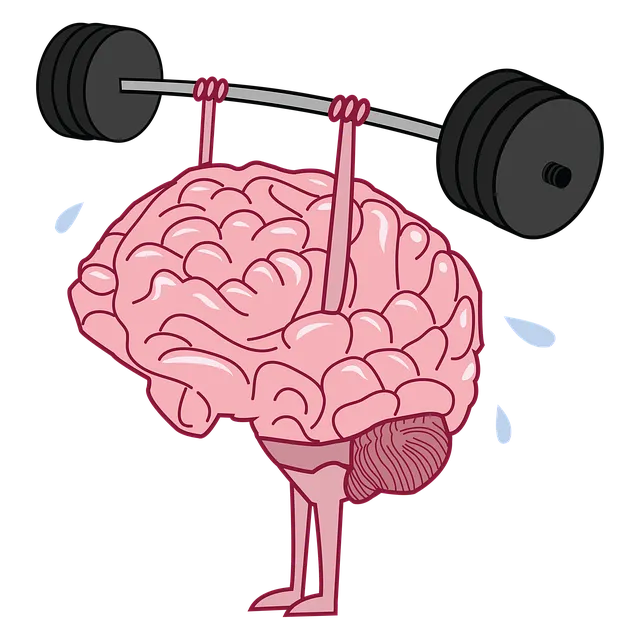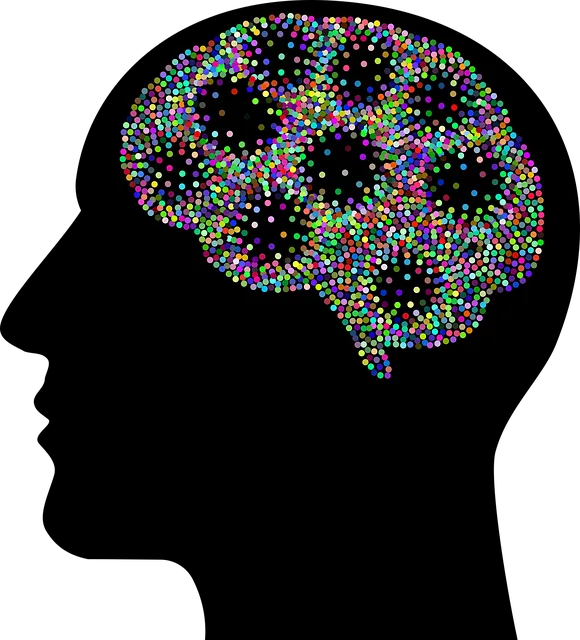In a fast-paced world, mental wellness apps like those offered by Littleton Kaiser Permanente are revolutionizing access to care. Combining technology with evidence-based strategies, these apps provide personalized guidance for emotional well-being through features like mood tracking and mindfulness exercises, fostering self-care and resilience. By prioritizing cultural sensitivity, they ensure inclusivity and meet the diverse needs of users. Integration with healthcare systems enhances accessibility, quality, and data exchange, benefiting both patients and professionals in navigating mental health challenges holistically.
In today’s digital age, mental wellness app development is a game-changer. With an increasing demand for accessible mental healthcare, apps offer a convenient and confidential way to support users’ well-being. This article explores the growing need for such applications, highlighting key features that promote effective mental health management. We delve into the integration of these apps with healthcare systems, focusing on Littleton Kaiser Permanente’s role in fostering digital mental health services through their innovative approach, enhancing accessibility for users seeking support, including those searching for the dedicated Littleton Kaiser Permanente mental health services number.
- Understanding the Need for Mental Wellness Apps
- Developing Effective Features and Functions
- Integrating with Healthcare Systems: The Role of Littleton Kaiser Permanente
Understanding the Need for Mental Wellness Apps

In today’s fast-paced world, mental wellness is gaining much-needed recognition as a primary concern among individuals from all walks of life. This shift in perspective has led to a growing demand for accessible and personalized mental health solutions, which is where mental wellness apps step in as innovative tools. One prominent example is the integration of services offered by Littleton Kaiser Permanente, catering to those seeking support outside traditional therapy settings. With a simple call to their mental health services number, individuals can connect with expert guidance tailored to their unique needs.
Mental wellness apps address various aspects of emotional well-being, often incorporating features like mindfulness exercises, mood tracking, and community forums. They play a pivotal role in fostering self-care practices and promoting inner strength development. Additionally, these applications are designed with cultural sensitivity in mental healthcare practice in mind, ensuring that diverse populations feel seen and heard. By combining cutting-edge technology with evidence-based strategies, such apps offer practical ways to enhance emotional intelligence, enabling users to navigate life’s challenges with increased resilience and a deeper understanding of their emotional landscape.
Developing Effective Features and Functions

When developing a mental wellness app, creating effective features and functions is paramount to ensuring user engagement and positive outcomes. Incorporate a range of tools tailored to individual needs, such as mood tracking, meditation guides, and cognitive-behavioral therapy (CBT) techniques, which have been shown to enhance Positive Thinking and improve Self-Awareness Exercises. These features should be intuitive and accessible, allowing users to seamlessly integrate mental wellness practices into their daily routines.
Cultural sensitivity is another critical aspect of app development. Recognizing and addressing diverse cultural beliefs and practices in Mental Health Services, like those offered by Littleton Kaiser Permanente, ensures that the app resonates with a broader audience. Incorporate content and resources that are sensitive to various backgrounds, promoting inclusive mental healthcare solutions that cater to different needs and perspectives.
Integrating with Healthcare Systems: The Role of Littleton Kaiser Permanente

The integration of mental wellness apps with established healthcare systems is a pivotal step in enhancing accessibility and quality of care. Littleton Kaiser Permanente stands as a prominent example, offering a comprehensive suite of mental health services through innovative digital platforms. By aligning with the organization’s expertise, app developers can ensure that their creations adhere to the highest standards set by industry leaders like Kaiser Permanente. This collaboration not only facilitates seamless data exchange but also empowers users to access a wide range of resources, from virtual therapy sessions to self-care tools, all within a secure and trusted environment.
For mental health professionals, integrating these apps into existing workflows can streamline patient care. Risk Management Planning for Mental Health Professionals becomes more manageable with digital tools that track progress, monitor adverse events, and promote evidence-based practices. Moreover, by leveraging Mind Over Matter Principles and focusing on Inner Strength Development through app features, healthcare providers can offer patients a holistic approach to mental wellness, fostering resilience and empowering individuals to take control of their well-being.
Mental wellness apps are transforming access to care, especially with partnerships like Littleton Kaiser Permanente’s initiatives. By integrating innovative features and aligning with healthcare systems, these apps offer personalized support for users’ mental well-being. The success of such platforms lies in their ability to provide accessible, discreet, and effective services, potentially reaching a vast audience through smart devices. This is particularly evident with the growing demand for digital mental health solutions, as indicated by the expanding reach of Littleton Kaiser Permanente’s mental health services number.




